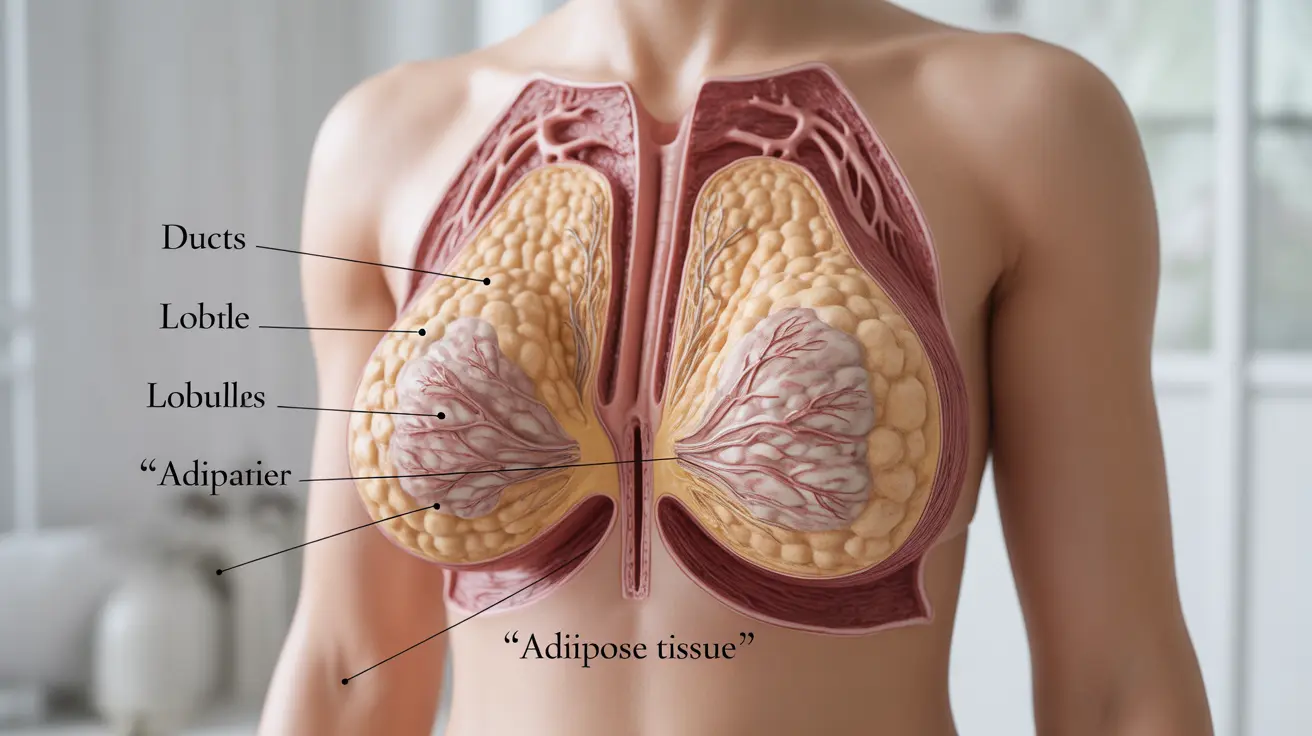Breast swelling is a common condition that many individuals experience throughout their lives. This uncomfortable symptom can range from mild tenderness to significant enlargement and may be accompanied by pain or discomfort. Understanding the various causes and knowing when to seek medical attention is crucial for maintaining breast health.
Common Causes of Breast Swelling
Breast swelling can occur due to several factors, ranging from normal hormonal changes to more serious medical conditions. Here are the most common causes:
Hormonal Changes
Monthly hormonal fluctuations during the menstrual cycle often lead to breast swelling and tenderness. This typically occurs during the luteal phase, about a week before menstruation begins. Hormonal contraceptives can also contribute to breast changes.
Pregnancy-Related Changes
During pregnancy, breasts undergo significant changes as they prepare for milk production. Swelling, tenderness, and increased size are normal developments, particularly in the first trimester.
Infections and Inflammatory Conditions
Mastitis, a common breast infection typically affecting breastfeeding mothers, can cause significant swelling, redness, and pain. Other inflammatory conditions may also lead to breast swelling and require medical attention.
When to Be Concerned
While many causes of breast swelling are benign, certain symptoms warrant immediate medical attention:
- Severe pain or swelling
- Redness and warmth
- Fever
- Unusual discharge
- Lumps or hard areas
- Skin changes or dimpling
Treatment Options
Treatment for breast swelling depends on the underlying cause:
Home Remedies
For mild cases related to hormonal changes, several home treatments can provide relief:
- Wearing a supportive bra
- Applying cold compresses
- Over-the-counter pain relievers
- Limiting caffeine intake
- Maintaining a healthy diet
Medical Treatments
More serious conditions may require professional medical intervention:
- Antibiotics for infections
- Prescription medications for inflammatory conditions
- Drainage procedures if necessary
- Specific treatments for underlying medical conditions
Frequently Asked Questions
What are the common causes of swollen breasts and how can I tell if they are serious?
Common causes include hormonal changes, pregnancy, and infections. Signs that indicate seriousness include severe pain, redness, fever, unusual discharge, or the presence of lumps. Any sudden or unexplained changes should be evaluated by a healthcare provider.
How can hormonal changes during the menstrual cycle or pregnancy cause breast swelling?
Hormonal fluctuations, particularly of estrogen and progesterone, can cause fluid retention and increased blood flow to breast tissue, leading to swelling. This is especially noticeable during the premenstrual phase and throughout pregnancy.
When should I see a doctor if my breasts are swollen and painful?
Seek immediate medical attention if you experience severe pain, redness, fever, unusual discharge, or if the swelling is accompanied by lumps or skin changes. Also consult a doctor if the swelling persists beyond your normal menstrual cycle.
Can infections like mastitis cause breast swelling, and what treatments are recommended?
Yes, mastitis can cause significant breast swelling, along with redness, pain, and fever. Treatment typically involves antibiotics, continued breastfeeding or pumping if applicable, rest, and pain management. Warm compresses can also help relieve symptoms.
Are swollen breasts a sign of breast cancer, and what symptoms should prompt immediate medical evaluation?
While breast swelling alone isn't typically a sign of cancer, swelling accompanied by skin changes, nipple discharge, persistent lumps, or dimpling should be evaluated immediately. Any unusual changes that don't resolve with your menstrual cycle warrant medical attention.




